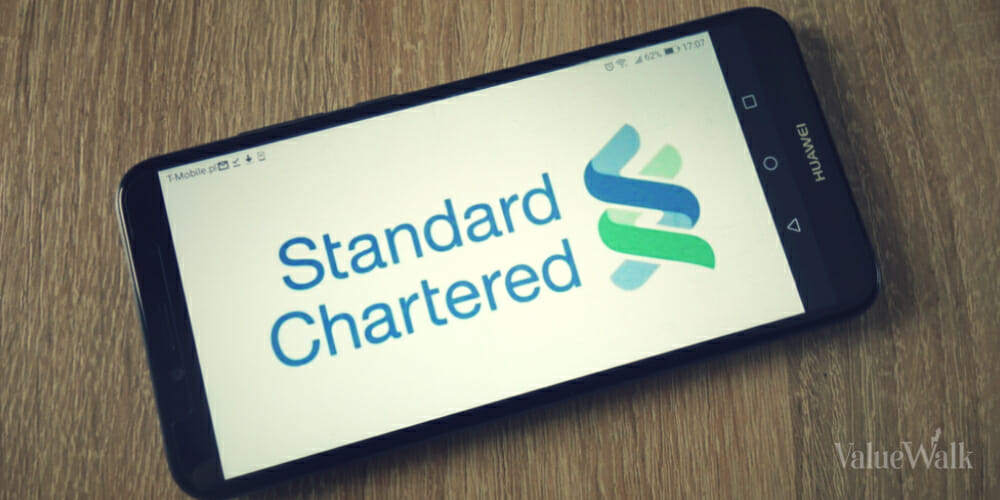Standard Chartered PLC (LON:STAN)’s underlying operating income rose 16% to $16.3bn last year, ignoring the effect of exchange rates. That reflects double digit growth across net interest income and other income, which includes revenue earned on things like fees, commission, and trading.
Net interest margins (the difference between what a bank earns in interest in loans and pays on deposits) were 1.41%, up from 1.21%, helped by higher interest rates.
Q4 2022 hedge fund letters, conferences and more
The group’s cost to income ratio – an important efficiency measure – rose five percentage points to 69%. The group recognised a credit impairment charge of $838m, which was an increase of $575m and reflects exposure to the Chinese real estate sector, and lower quality government debt in Pakistan, Ghana and Sri Lanka. Underlying pre-tax profits were $4.8bn, up 15%. Performance was worse than expected.
Looking ahead, Standard Chartered expects return on tangible equity “to be approaching 10%” in the new financial year, and has upgraded 2024 targets to be greater than 11%.
A new $1bn share buyback was announced, as well as a final dividend of 14 cents per share.
The shares rose 2.8% following the announcement.
Standard Chartered's Earnings
Sophie Lund-Yates, lead equity analyst at Hargreaves Lansdown:
Standard Chartered’s profits disappointed in the final quarter. Impairments came in worse than expected, with credit charges stemming from the group’s large exposure to the shifting Chinese real estate sector.
Downgrades in the quality of government debt in other areas, including Pakistan and Sri Lanka have also taken their toll. More disappointing is the misstep in the group’s wealth management business, where growth has been a priority. Customers are wary in the current economic environment, which acts as a headwind for this area.
This also raises questions for Asian banking giant HSBC, which is hoping to unlock hundreds of millions in business from a renewed push into wealth services, boosted by the reopening of Hong Kong’s borders.
A lot of attention around Standard has been surrounding takeover talks, but for now these thoughts have been extinguished. With the valuation languishing at well below the value of the group’s assets, further approaches can’t be ruled out.
The sheer size and reach of Standard Chartered would make any potential integrations quite tricky though, which could stop future advances. There’s a confident signal from management that the shares are undervalued with a $1bn buyback announced, and that’s a large reason the share price has been propped up today, despite the weaker results.
The UK’s beaten up financial sector is jumping at the chance to reduce their share pools while sentiment is subdued, and there could be more to come.






